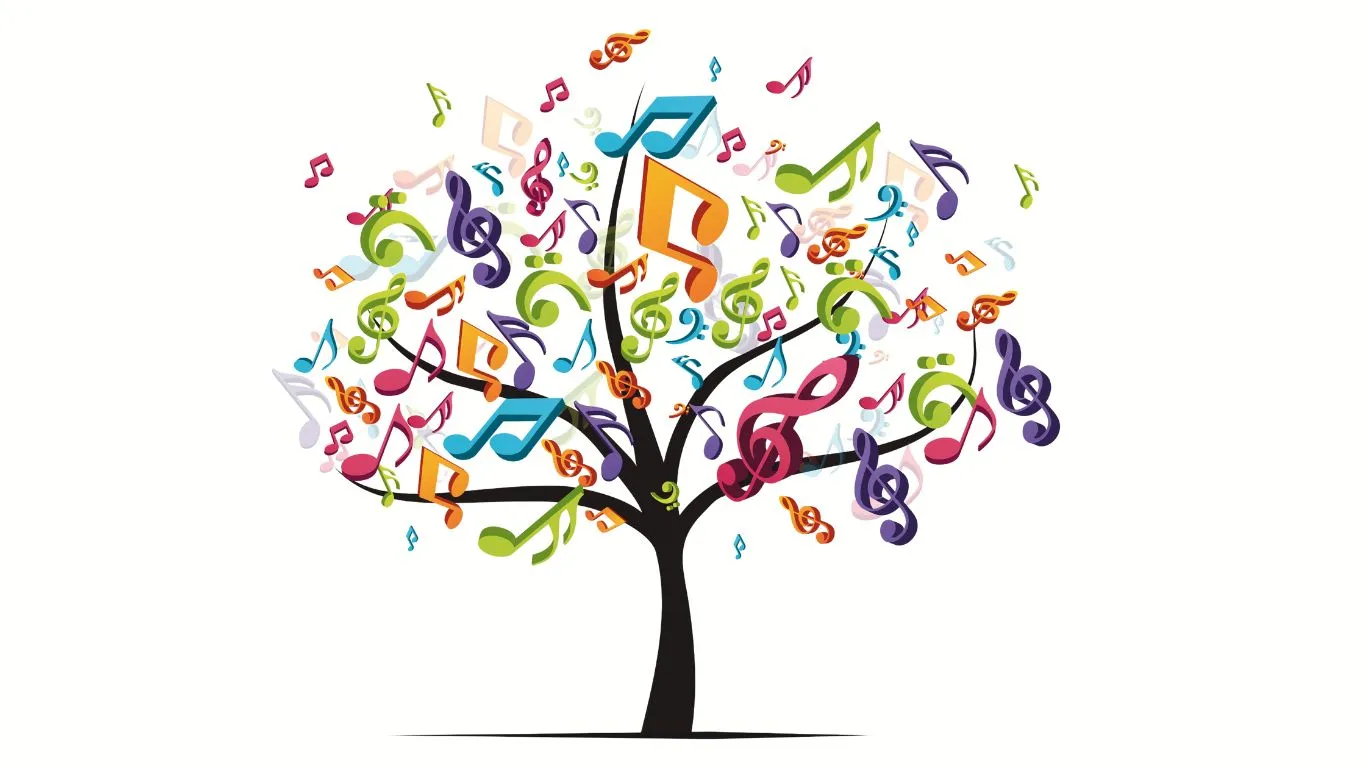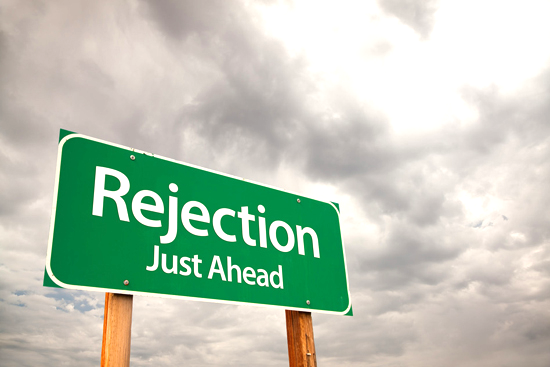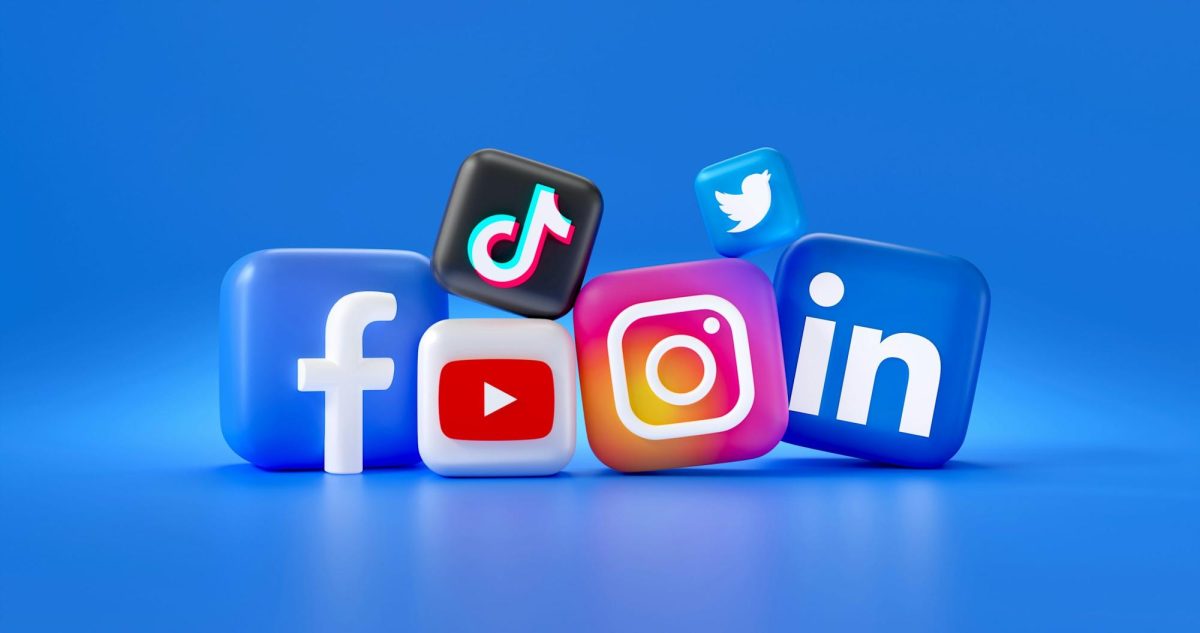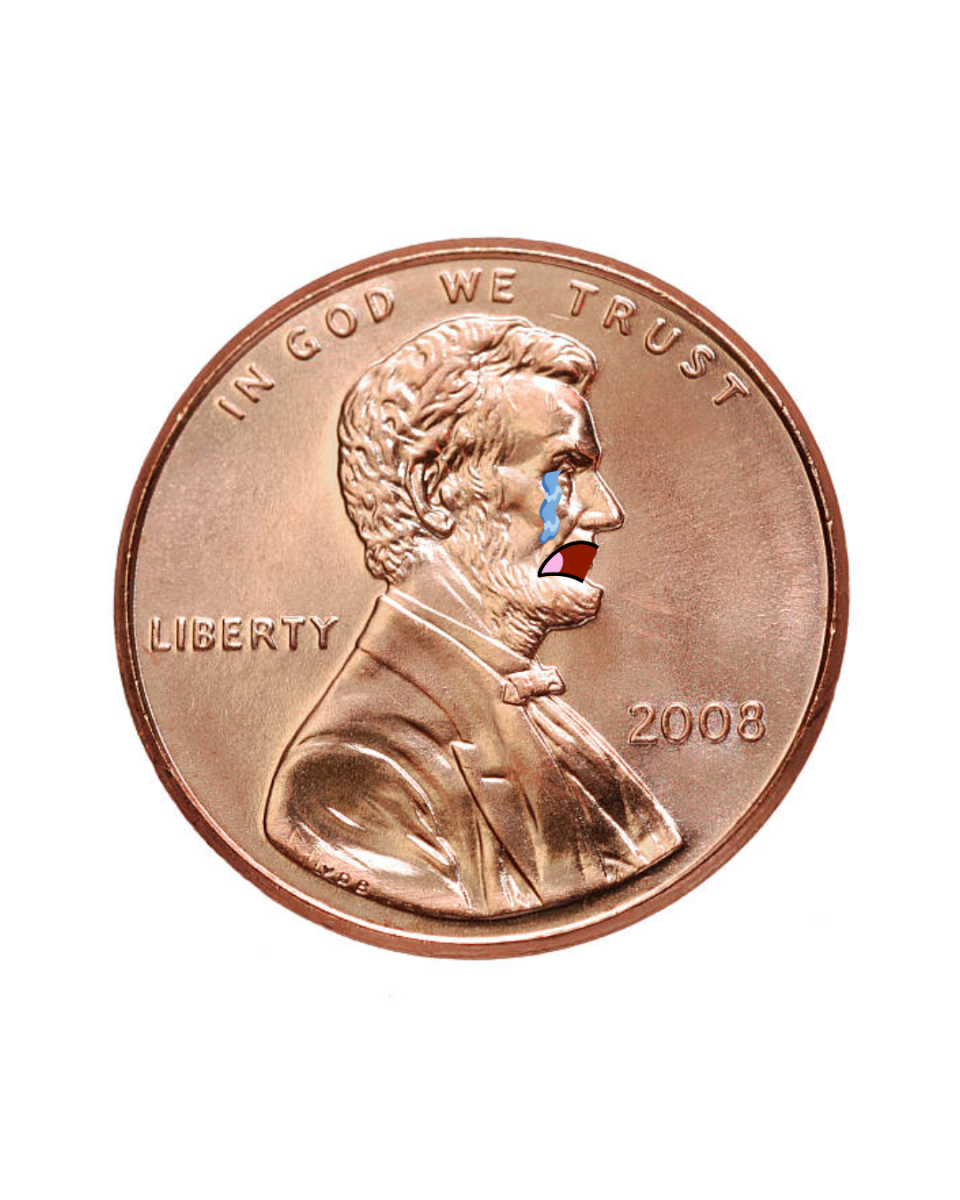As a black songwriter, I often find myself defending my art to others who insist on putting me into one singular category of music. Whether it be my dad who is constantly asking me to sing like Etta James or the assumption from others that because I’m black, I must know every R&B song that’s ever been made. It got me thinking, where do these ideals come from? When did we as a society make the subconscious decision that music is not only broken up by genre but by race as well?
Now, this isn’t to say that I don’t believe race affects the music we like or the genres we’re brought up with. I think the idea that different communities have strong ties to specific types of music can be really beautiful. That’s what makes us communities. However, that doesn’t mean we should stay put in one singular space. Music was created to be shared and expanded upon.
Looking back at the origins of the genres we listen to today, a lot of them were derived from the integration of different racial groups. Hip-hop for example originated in the South Bronx of New York with the intersection of Black, Latinx, and Caribbean artists. According to Masterclass, the genre was first introduced at block parties and community gatherings where DJs would play soul and funk music while experimenting with different beats and improvisation.
That being said, does that mean that only those three groups of people are allowed to create or enjoy hip-hop music? If that were the case, not only would some of you have to start editing your playlists, but the music industry would look a lot different.
Thinking back to my childhood, I was never raised to look at an artist’s race when listening to their music. It never struck me as odd that Amy Winehouse was a white woman from the UK singing jazz and R&B because it didn’t matter. Her music was catchy and her voice was authentic but not only that, her songs made my mom feel nostalgic.
Though Winehouse didn’t make her debut until 2003, her sound was inspired by artists like Donny Hathaway, Sam Cooke, Billie Holiday. Not only were these black artists from before her time but they were also based in America with fan bases from around the world.
In addition to music’s evolution over time in its outreach, it’s also grown in the ability to be a universal language. Although it’s strange to think about, every experience we have and every thought that crosses our minds has reached someone else somewhere in the world. I often find myself hearing my own thoughts put into words by a musician and being amazed at how they managed to express an emotion I thought I was alone in feeling. On the other hand, there have been times that I’ve shared my writing on social media and found people who from across the country can empathize with my experiences as well.
I’m always drawn to songs that unleash some sort of emotion, whether that be joy or sadness. And I think that the reason artists make music is to do the exact same thing because like any art form, music is a way of expressing oneself. Songs that can take you back in time to good memories or that can inspire you in some way are the core of what music was always meant to be.
This notion that certain races can own an entire genre is both untrue and unfair. We as listeners shouldn’t limit ourselves to only the artists we’re expected to like and we also shouldn’t avoid listening to some artists just because they don’t fit the stereotypical mold.







